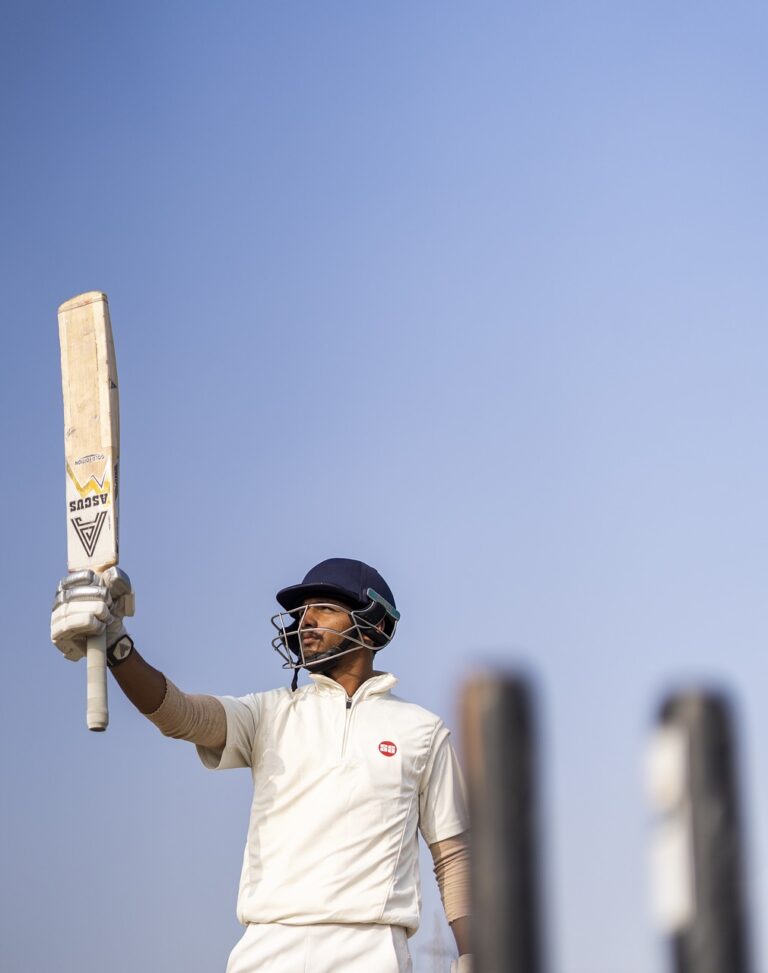The Intersection of IPL and Corporate Social Responsibility
Lotus365, Reddy Anna Book: The Indian Premier League (IPL) is a professional Twenty20 cricket league in India that has captivated audiences worldwide since its inception in 2008. Known for its high-octane matches, star-studded line-ups, and electrifying atmosphere, the IPL has become one of the most prestigious T20 leagues globally. With top international and domestic players competing for various franchises representing different cities, the IPL has redefined the cricketing landscape by blending sports with entertainment.
The league follows a franchise system where teams bid on players at auctions, creating a competitive and engaging environment for both players and fans. Each season, teams battle it out in a grueling format that culminates in a highly anticipated final match. The IPL has not only revolutionized cricket but has also paved the way for cricketing talent to shine on a global stage, making it a powerhouse in the world of T20 cricket.
• The IPL has a total of 8 teams representing different cities in India, including Mumbai Indians, Chennai Super Kings, Kolkata Knight Riders, and Royal Challengers Bangalore.
• The league features some of the biggest names in cricket such as Virat Kohli, Rohit Sharma, MS Dhoni, and AB de Villiers.
• IPL matches are known for their nail-biting finishes and thrilling moments that keep fans on the edge of their seats throughout the season.
• The tournament also includes various off-field entertainment elements like cheerleaders, music performances, and fireworks to enhance the overall fan experience.
• Over the years, the IPL has grown exponentially in terms of viewership and revenue generation, making it one of the most lucrative T20 leagues in the world.
History and Evolution of IPL
The Indian Premier League (IPL) came into existence in 2008 as a franchise-based Twenty20 cricket competition. Initially owned by the Board of Control for Cricket in India (BCCI), IPL was a revolutionary concept that brought together cricketing talent from across the globe. With Bollywood glamour, star power, and a fast-paced format, IPL instantly captured the attention of cricket fans worldwide.
Over the years, IPL has grown into one of the most popular and lucrative cricket leagues globally, attracting top players and coaches from various cricketing nations. The league’s success can be attributed to its innovative approach, combining cricket with entertainment and creating a unique fan experience. With packed stadiums, high viewership ratings, and huge sponsorships, IPL has redefined the landscape of cricket and continues to set new benchmarks in sports entertainment.
Corporate Social Responsibility (CSR) in Sports
Corporate Social Responsibility (CSR) in sports is increasingly becoming a significant focus for sports organizations and teams across the globe. With the massive platform and influence that sports have, there is a growing realization of the importance of giving back to the community and making a positive impact on society. Through various initiatives and programs, sports entities are actively engaging in social causes and promoting sustainable practices.
From promoting education and health awareness to environmental conservation and inclusion programs, sports organizations are leveraging their reach and resources to address pertinent social issues. By actively participating in CSR activities, these entities are not only fulfilling their ethical obligations but are also building strong relationships with their stakeholders and fostering a positive brand image. Moreover, CSR initiatives in sports can inspire fans and followers to contribute to societal welfare, creating a ripple effect of positive change beyond the sports arena.
What is the Indian Premier League (IPL)?
The Indian Premier League (IPL) is a professional Twenty20 cricket league in India, which is contested during the months of March and April.
When was the IPL founded?
The IPL was founded in 2008 by the Board of Control for Cricket in India (BCCI).
How has the IPL evolved over the years?
The IPL has grown in popularity and has become one of the most-watched cricket leagues in the world. It has also attracted top international players and has become a lucrative platform for young talent.
What is Corporate Social Responsibility (CSR) in sports?
Corporate Social Responsibility (CSR) in sports refers to the efforts made by sports organizations to give back to society and make a positive impact on the community through various initiatives.
How can sports organizations like the IPL contribute to CSR?
Sports organizations like the IPL can contribute to CSR by supporting various social causes, promoting sustainability, investing in grassroots development programs, and creating awareness about important issues.
What are some examples of CSR initiatives in the IPL?
Some examples of CSR initiatives in the IPL include campaigns to promote environmental sustainability, partnerships with NGOs to support underprivileged communities, and initiatives to promote gender equality in sports.
Why is CSR important in sports?
CSR is important in sports because it helps sports organizations build a positive image, engage with fans and stakeholders, and make a meaningful impact on society. It also creates a sense of responsibility and accountability within the sports industry.







